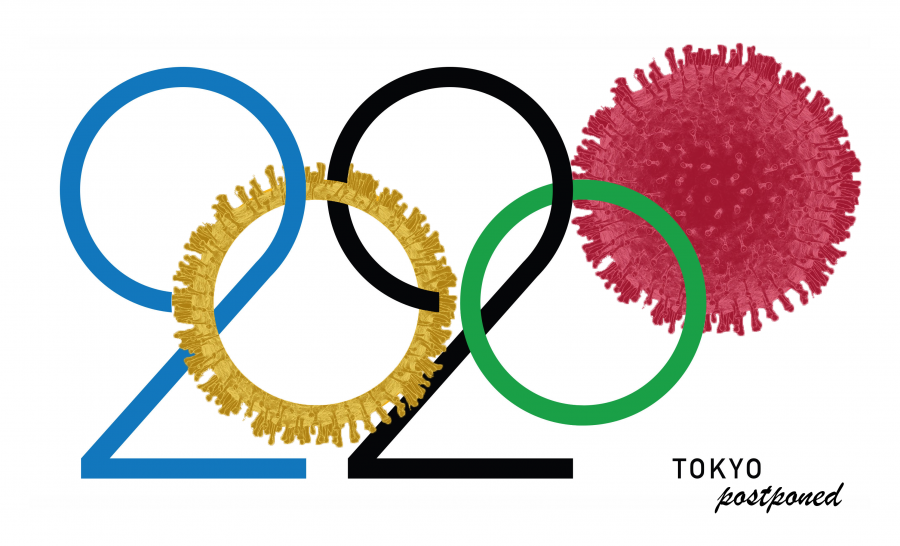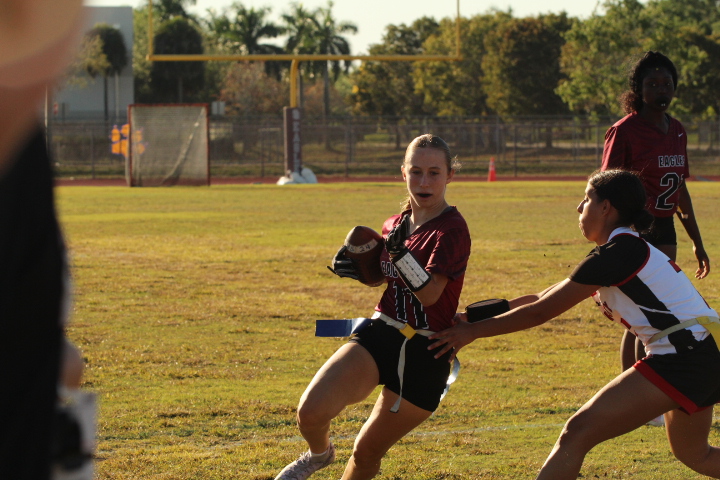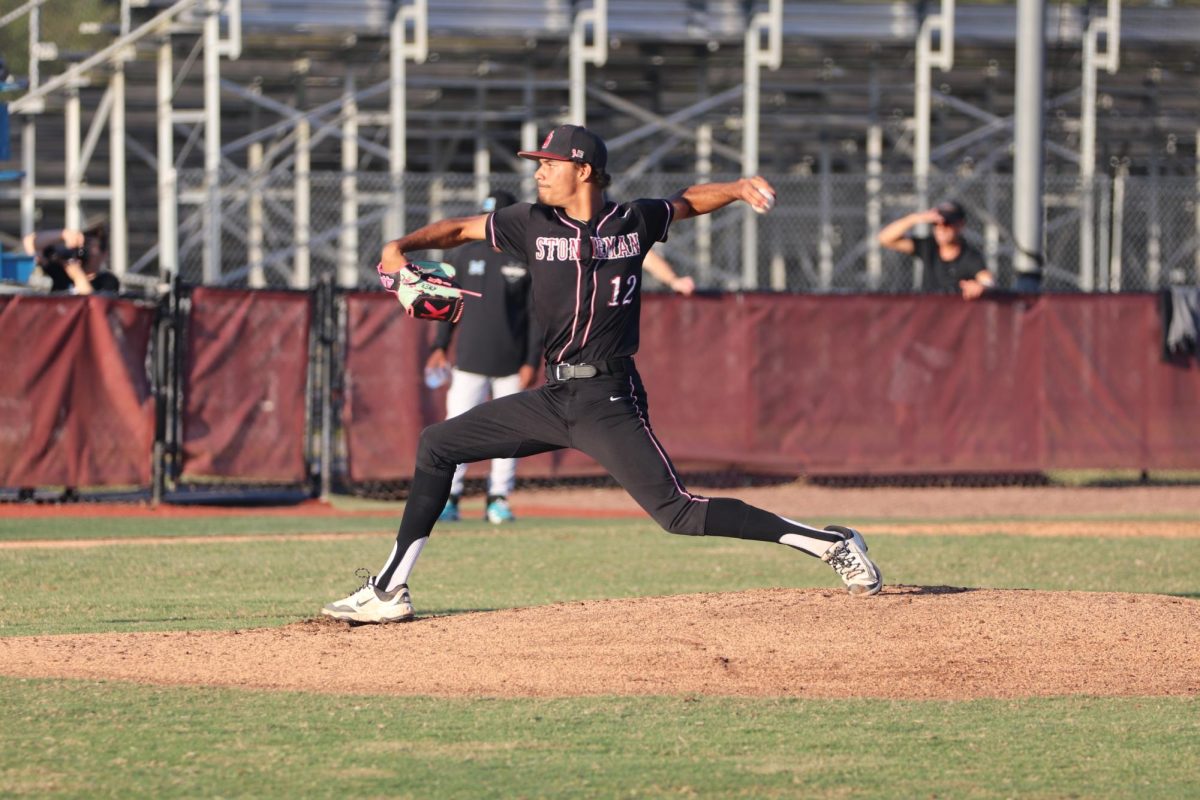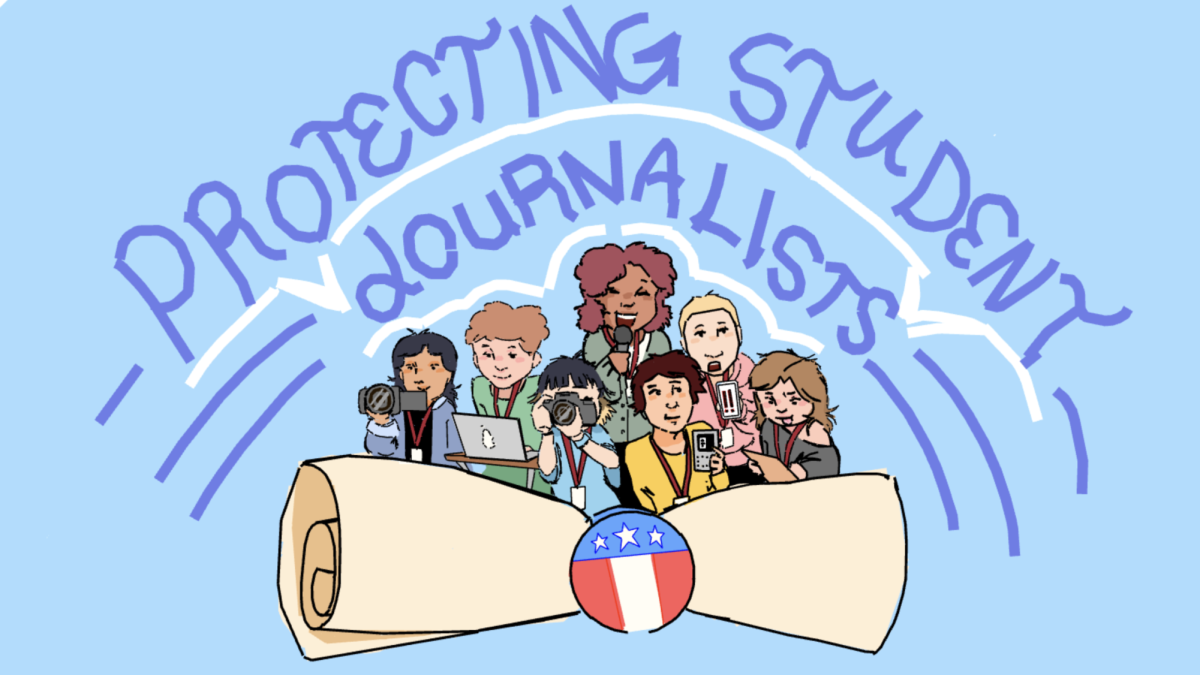2020 Olympic Games postponed due to coronavirus pandemic
The coronavirus pandemic postpones the Tokyo 2020 Olympic games till an undecided date in 2021. Graphic by Travis Newbery
March 30, 2020
The games were cancelled entirely in 1916 and 1940 as a result of both World Wars. However, this will be the first time in Olympics history when the date for the major event, which showcases the best athletes from over 206 countries, has been pushed back.
In recent weeks, the pandemic of COVID-19 has temporarily shut-down most of the world. In the United States alone, all 50 states have had some level of restrictions placed to reduce the spread of the virus. Most civilians are under a self-imposed or government-mandated lockdown, where travel is limited.
According to the World Health Organization, there are over 760,337 confirmed cases of COVID-19 globally, resulting in more than 36,682 deaths. Now, nearly every country has felt the devastating wrath of the virus.
To ensure that the athletes and staff will stay safe, the Prime Minister of Japan, Shinzo Abe, and the IOC president, Thomas Bach, agreed to postpone the 2020 Olympic games. The exact date is still unknown, but organizers have said the games would be held sometime after 2020 and no later than the summer of 2021.
“I think that it’s good that the Olympics are pushed back, because if coronavirus is still going around, the event would be a major hotspot for the virus to spread,” freshmen Olivia Alvarez said.
The statement to postpone the games came as a shock to some when it was delivered 48 hours after the IOC claimed they would take four weeks to deliberate more on how the event would work. The IOC pushed to keep the event on, but received backlash from countries such as Canada, Germany, Poland and Australia who all refused to send their athletes to the Olympics without a reasonable delay.
As a way to see how the athletes were feeling about a possible postponement, the U.S. Olympic and Paralympic Committee surveyed 4,000 American Olympic athletes. The results showed that seven out of ten athletes thought it would be unfair if the games were not pushed back.
Thousands of athletes around the world were planning to compete at the games this year. Most of them will have to keep training, which becomes much more complicated in a pandemic. They must also aim to reach their peak of performance sometime in 2021 instead of late this summer. The postponement can complicate things for these athletes because not all of these athletes are famous and wealthy. Many have other jobs, go to school or have alternative life plans which must be put on hold for their sport.
These athletes have poured their life into their work and have trained for their Olympic debut for multiple years. While different sports require different training, on average these athletes prepare and train for four to eight years, according to Healthline.com. Many of these athletes plan their training schedules years in advance so that they can work towards specific goals.
For example, USA gymnast Simone Biles has trained around 32 hours a week and takes only one day off. Decorated olympic swimmer Michael Phelps practices everyday and can even be in the pool for up to six hours for one practice. It was released in a 2012 study conducted by the USA Olympic Committee that some athletes had put in 10,000 hours of practice before the games.
In addition to the impact on the athletes, the financial impact will be extreme. The organizers of Tokyo 2020 estimated the cost to be roughly $12.6 billion, but other experts believe the price tag to be closer to $25 billion. The billions spent by sponsors and broadcasters has been affected by the delay.
“I think that we shouldn’t have postponed the Olympics because although summer is coming soon, it is still a good way away,” freshmen Kate Becker said. “If it was still not safe for people to come into close contact when the event rolls around, then maybe they could’ve closed the event off to the public and just air it on TV.”
Although the games will now be held in a different year, they will keep the name of the Olympic and Paralympic Games Tokyo 2020. By keeping the name the same, it avoids having to reprint and redo many aspects relating to the branding and marketing of the event.
The tickets for the games have been in high demand both in Japan and around the world. In fact, over five million tickets for the Tokyo games were sold, with another round of sales expected to begin in May. With that second ticket sale now delayed, Toshiro Muto, the chief executive of the organizing committee in Tokyo, stated that the organizers would “make sure not to inconvenience people as much as possible.”
Both the Tokyo organizers and the IOC seem to have a positive outlook on the situation, and the IOC said in a statement that “…the Olympic games in Tokyo could stand as a beacon of hope to the world during these troubled times and that the Olympic flame could become the light at the end of the tunnel in which the world finds itself at present.”
The Summer Games are the world’s largest sporting event and costs multi-billions of dollars. It occurs every four years and brings in hundreds of thousands of fans. The games work to unite the best athletes from all over the world. The summer sports include fencing, table tennis, basketball, boxing, archery, sailing, among many others.
The Summer and Winter Olympic games are held every four years and are staggered so that there is an Olympic event every two years. The coming Summer games after Tokyo are planned to take place in Paris in 2024 and Los Angeles in 2028. The next Winter Games will be in Beijing in 2022 and Milan in 2026.












